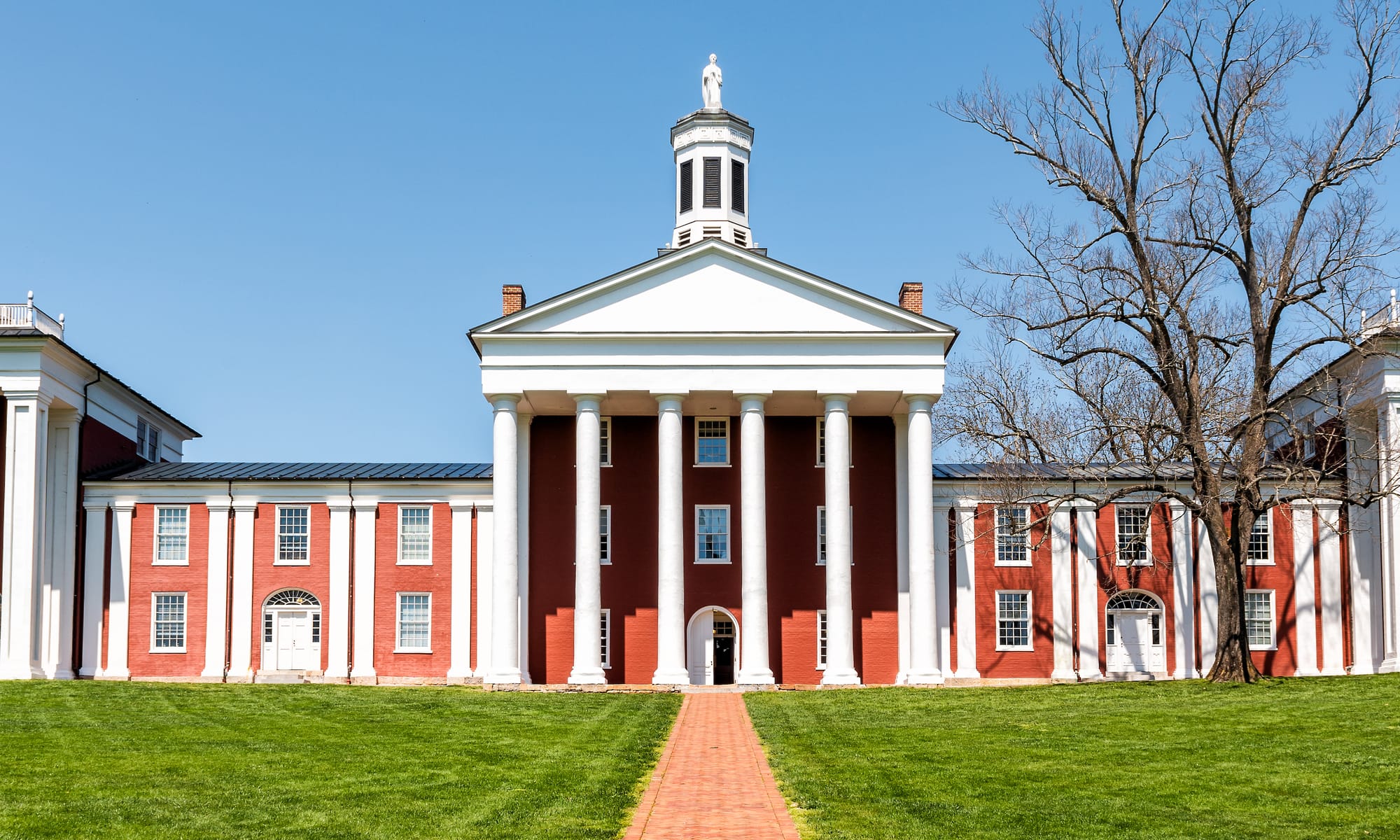When MAGA intellectuals say the quiet parts out loud
The right debates just how weird their authoritarianism should be. A roundtable discussion among leading MAGA intellectuals suggests they might be suffering from success.

Remember when the Democrats said that Trump's platform was Project 2025, only to be roundly denied by the then candidate? Well, here we are.
As reported in Vox, a recent two-hour roundtable discussion among four leading Trump-aligned intellectuals reveals just how weird the modern MAGA movedment has become. It would have given St. Ronny nightmares. What should have been a policy debate instead revealed a blueprint for authoritarianism that would make the founders roll in their graves.
Hosted at the Intercollegiate Studies Institute, the panel featured tech monarchist Curtis Yarvin, political theorist Patrick Deneen, culture war activist Chris Rufo, and journalist Christopher Caldwell. These aren't fringe figures on the right. They architected Trump's policies, which direct influence on everything from the Department of Government Efficiency to Vice President JD Vance's worldview.

What follows are some of the anti-American, scary, and plain weird views they expressed.
Turning citizens into "serfs"
The most disturbing moment came when Yarvin proposed dividing Americans into two categories: "modern" Americans who can govern their own lives, and "pre-modern" Americans who "cannot take care of themselves." His example? "A gangbanger in Baltimore"—thinly veiled racial coding that everyone understood. Such have shown themselves to be on the wrong side of history: from U.S. chattel slavery to Apartied to Gaza.
Yarvin's solution? Strip these Americans of basic constitutional rights and place them under church control:
Which church? There is an amendment about that. I presume we can all figure it out though.
This is a system of state-sanctioned "serfdom" that would make Black Americans wards of government-approved churches and set up citizenry with different levels of rights. It's slavery with extra steps and a government sanctioned religious veneer. (Because chattel slavery also had it's fake religious excuses.)
No-one else on the panel objected. Instead, Caldwell suggested repealing the 14th Amendment to make it constitutional. Deneen even proposed having the Supreme Court allow states to establish official religions. (They can do anything these days see.). These are the people shaping conservative policy in 2025. Three constitutional amendments immediately in the cross hairs.
Democracy as an inconvenience
The conversation revealed how this movement views democratic norms and constitutional protections. It views them as obstacles to brushed aside rather than principles to uphold. When discussing DeSantis, Rufo lamented that the Florida governor should have "repealed term limits" to "rule Florida for 25 years." The language itself is telling—not "govern" or "serve," but "rule."
Yarvin went further, suggesting DeSantis should have created state-controlled youth organizations modeled after Soviet Young Pioneers or Communist China's youth groups. When Rufo noted "it's been tried before"—likely referencing the Hitler Youth—Deneen called it "a good idea" anyway. I remember any passive reference to something once fascistly taboo wouold end a career (see Duke, David).
These aren't isolated comments. They represent a systematic rejection of the democratic pluralism that has defined America since its founding. Where the founders feared concentrated power and built checks and balances, these intellectuals see inefficiency to be eliminated. These are those who actually have their hands on the levers of power within MAGA-land.
Ideological purges as policy goals
The panel's discussion of Elon Musk's Department of Government Efficiency (DOGE) was equally revealing. There was complete consensus that DOGE's real purpose wasn't efficiency but conducting ideological purges of federal employees. The only debate was whether to be honest about it.
Rufo explicitly endorsed removing anyone from government who disagreed with Trump's agenda, calling for "systematic extirpation" of liberals from federal service. When Caldwell worried this "doesn't command majority support," he wasn't questioning the morality of political tests for employment—just the optics.
This is banana republic behavior. In healthy democracies, civil servants serve the constitution and the people, not the personal agenda of whoever holds power. Professional civil service exists precisely to prevent the kind of politicization these intellectuals celebrate. And it has worked well if not perfectly since WWII. I mean, we managed to avoid nuclear war... thus far.
Through a glass darkly, and now face to face
What makes this conversation so significant but how comfortable these influential figures have become expressing these radical and weird ideas in public. They're no longer dog-whistling—they're saying the quiet part out loud, while letting their slips show.
These are the ideas flowing mainlined into Trump administration policy. Yarvin's concepts helped create DOGE. Deneen influences JD Vance. Rufo shaped education policy. Caldwell's theories inform civil rights enforcement. This isn't academic theorizing—it's the intellectual framework for governing America.
What's most striking about this roundtable is how thoroughly un-American these ideas are. The founders fled systems where church and state were intertwined, where political opponents faced purges, where citizens had different tiers of rights based on their identity or beliefs.
The Constitution they crafted was designed to prevent exactly what these intellectuals advocate: concentrated power, religious establishment, and the elimination of political opposition. When Deneen claims "religion was officially established" in the original Constitution, he's simply wrong—the founders explicitly rejected religious tests and establishments.
These aren't conservative ideas in any traditional American sense. They're revolutionary proposals to tear down the constitutional order and replace it with something that would be recognizable to authoritarians from Louis XIV to Viktor Orbán.
High on their own supply?
Perhaps most concerning is how these intellectuals seem to believe their own propaganda about having "won the debate" with liberalism. Success has made them bold, and boldness has made them reckless.
When political movements become convinced of their own righteousness and permanence, they often abandon the democratic norms that brought them to power in the first place. History is littered with examples of what happens next.The real question isn't whether these ideas are weird—they obviously are. It's whether enough Americans will recognize how fundamentally at odds they are with everything this country was built to represent, before it's too late to matter.
Sic Semper Tyrannus. Non in cautus futuri.



